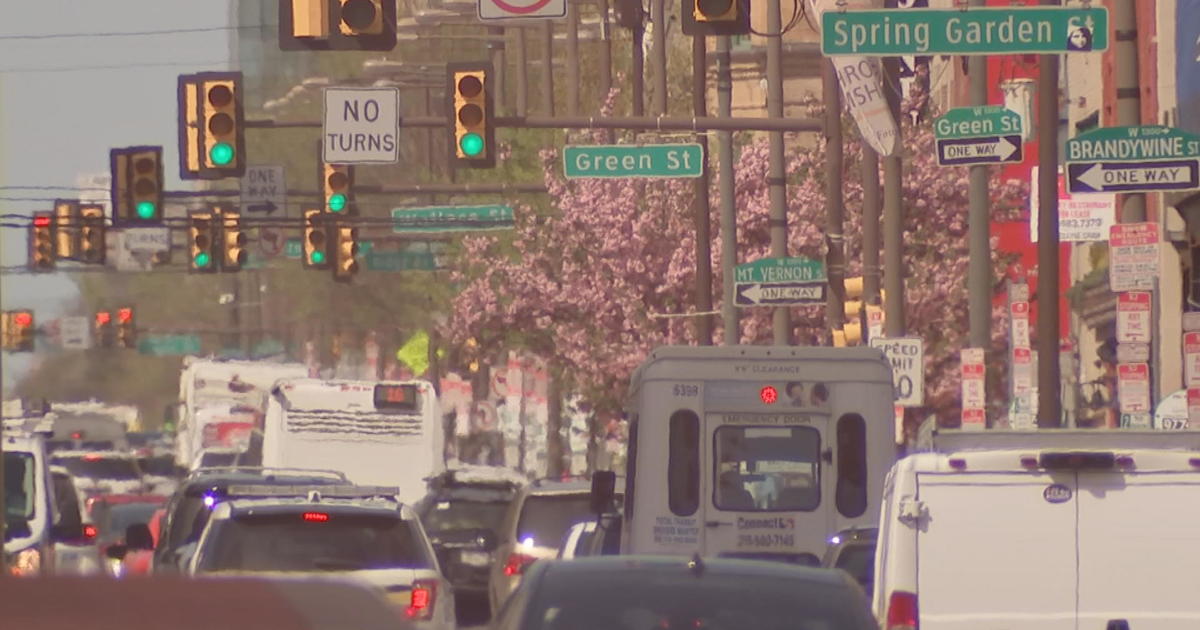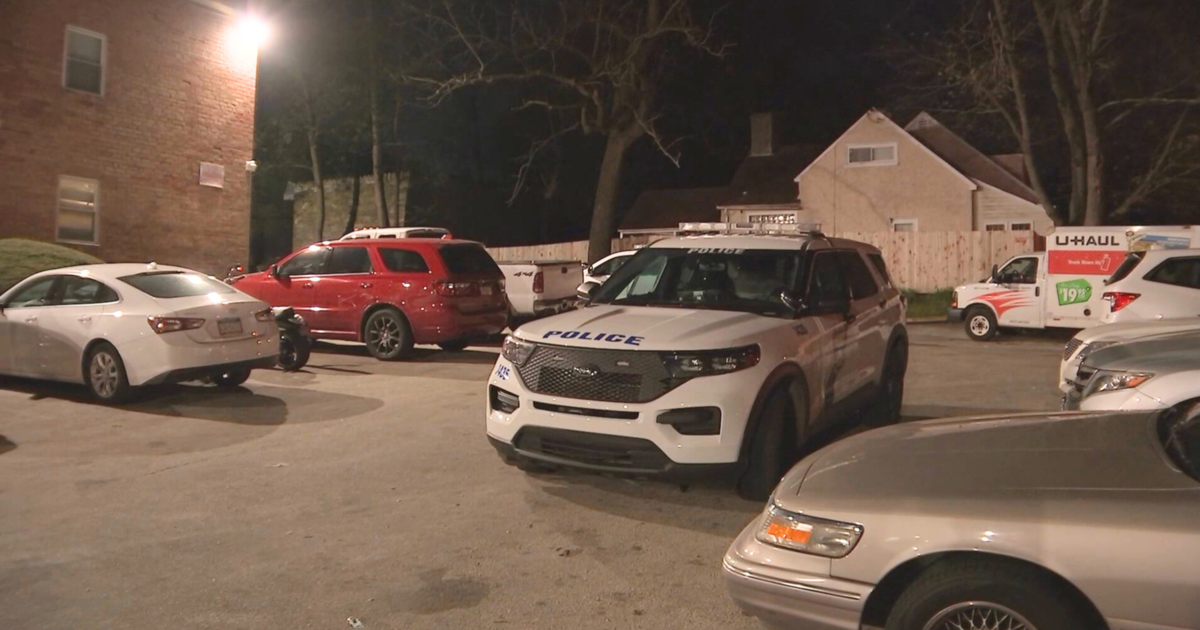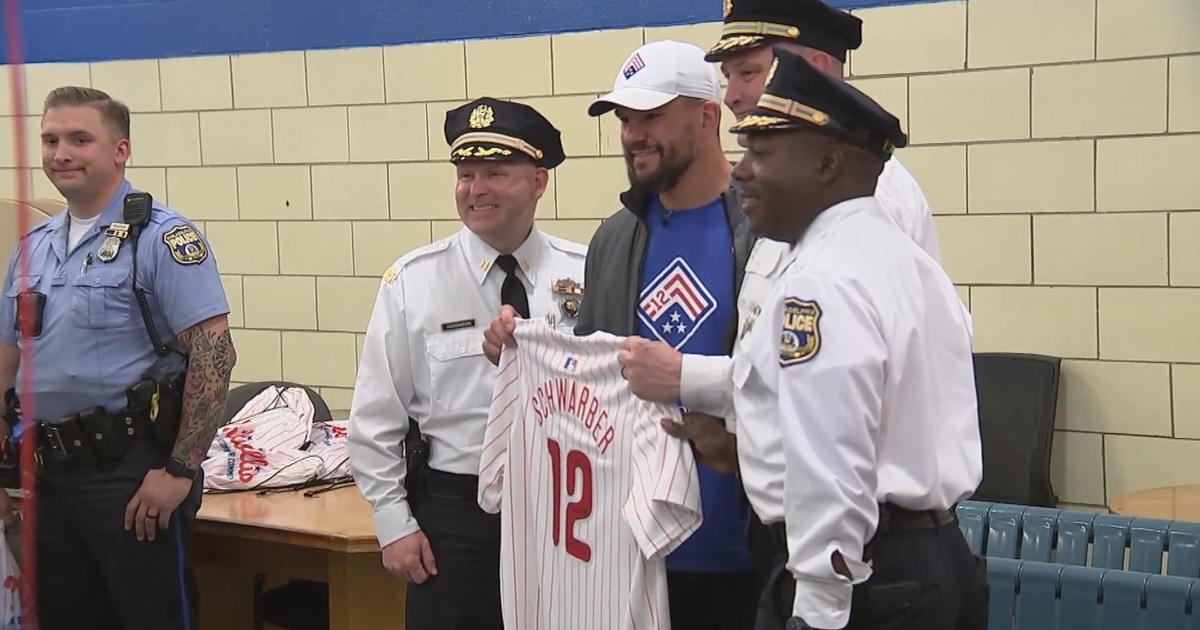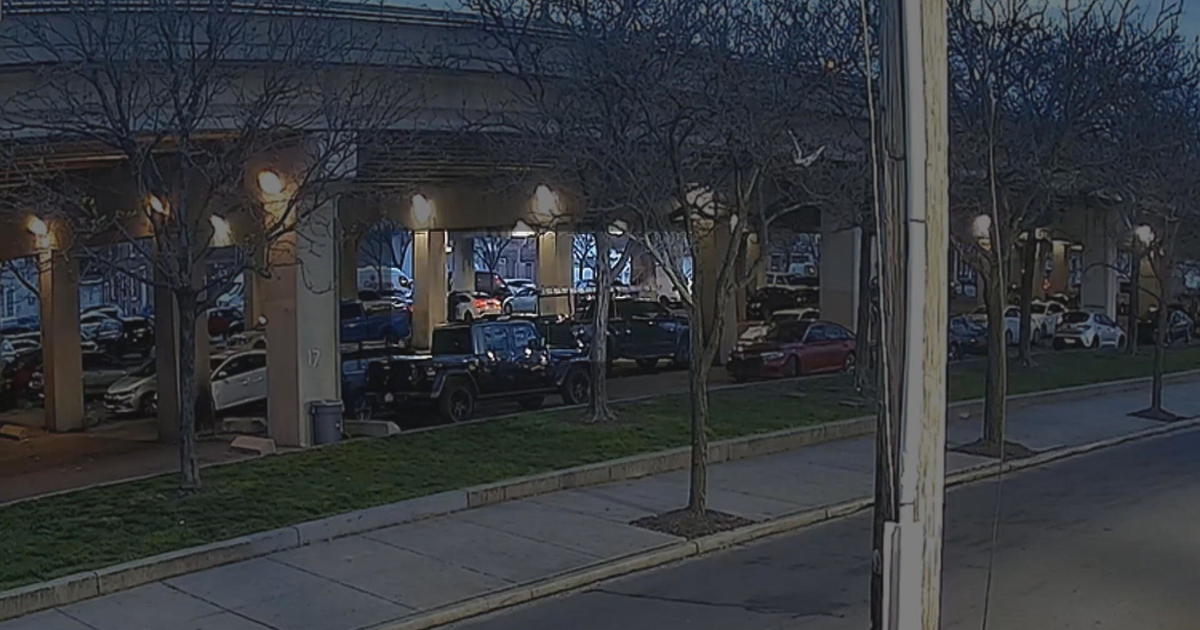Philly's Top Cop Speaks Out On Bill Aimed At Protecting Identity Of Officers Involved In Shootings
PHILADELPHIA (CBS) -- Opposition is growing to a fast-tracked bill that would hide the identity of police officers involved in shootings in Pennsylvania. Philadelphia's top cop is among those speaking out.
The FOP-backed House Bill 1538, passed the house with bipartisan support last week. If the bill becomes law in Pennsylvania, it would keep private the identity of officers involved in shootings while an investigation into an incident is ongoing. Once the investigation is complete, it would allow the release of the officer's name, if he or she is charged with a crime, as long as there is no threat against the officer. In other words, there could be cases where the public will never ever learn the name of an officer involved in a shooting.
"I'm against it, I think it's a huge mistake," Philadelphia Police Commissioner Charles Ramsey told KYW Newsradio.
Earlier this year, Ramsey implemented a directive within the department that allows police officer names to be released within 72 hours of a police involved shooting. The Fraternal Order of Police claims the policy endangers the lives of officers and their families. FOP President John McNesby did not respond to multiple requests for comment on Monday, but previous statements were available on the Republican Caucus website.
"It makes common sense," John McNesby, president of the Philadelphia FOP, told reporters during a September press conference announcing the bill. He cites attacks on officers in other states.
"This shows that we are being proactive and protecting officers," he said, "to have a city administration and a commissioner who wants to release information simply to satisfy the public just doesn't make sense."
Ramsey says the fear surrounding officer safety is overblown. Officers are required to wear a badge with their names, identify themselves to suspects and are public officials. In addition, he says threats have been few.
"We've released names on four different occasions on five officers and have not had a single issue," he says, "there's a great deal of hysteria that's been generated."
Ramsey says the department takes precautions by monitoring social media, taking note of any threats and offering guards for those officers who feel there is danger. He says the Philadelphia PD won't release names if threats exist.
"Transparency is the right thing to do," says Ramsey, who also heads the President's Taskforce on 21st Century Policing, "we are public officials and an officer cannot expect to shoot somebody and remain anonymous-- it's just not realistic."
Ramsey's directives concerning transparency were called for by the community and the Philadelphia Police Advisory Commission. The policy was also on the list of recommendations resulting from the Department of Justice investigation called for by Ramsey.
H.B. 1538 passed the house within two months of being introduced. It appears to have strong support in the Pennsylvania Senate and insiders believe it will pass.
"I think it wrong," says Ramsey, "the problem is the people who have been protesting out here are not paying attention. They are asleep at the wheel with regard to what's going on in Harrisburg."
Ramsey says if HB 1538 becomes law, he will follow the law and will stop releasing information. KYW Newsradio reached out to multiple community groups known to call for transparency, including the Philadelphia Advisory Commission, Philadelphia NAACP, Unity in the Community, Black Lives Matter, Fatherhood Rally Committee-- all said they are against H.B. 1538.
"It doesn't seem to me that it is legal that you can tell a mother or a father or a family that you cannot know who shot your son or daughter," says Min. Rodney Muhammad, president of the Philadelphia NAACP. He says he's been monitoring the bill from the beginning. They had hope to lobby for an amendment but it never happened. He says the bipartisan support has been problematic and his jurisdiction ends in Philadelphia. But they plan to fight.
"We plan to take it to court," says Muhammad, "the courtroom is our battleground."
He says NAACP lawyers are looking at their legal options.
"Philadelphia leads the nation in lawsuit payouts," he says, "how can you file a lawsuit without knowing who fired the shot."
For years, the Philadelphia Police Advisory Commission called for more transparency from the police department. Executive Director Kelvyn Anderson says organizations like his were not given the opportunity to speak and provide evidence on why transparency is necessary.
"Throwing a legislative cloak of invisibility over officers who use force is not a way to create better community relations in this city," says Anderson.
He notes the timing of the bill makes it better able to slide under the radar.
"Everybody is distracted by the budget," he says, "it's just not being paid attention to by all of us who should be paying attention."
"It's sad," says Asa Khalif, who runs the Pennsylvania Chapter of Black Lives Matter, "it's been shuffled under the radar-- and it shows the really powerful lobbying of the FOP. We need to work harder at the grassroots level."
Insiders believe the H.B. 1538 will become law, especially if used as a bargaining chip during the budget impasse. Khalif says his group launched a social media campaign. He's urging members of the public to call their lawmakers and the Governor's office.



